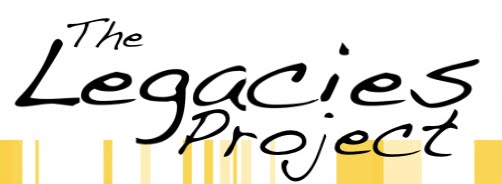It became clear that valuable, first-person accounts of history are conveniently gathered in elder communities. It was also clear that the more stories gathered the better, since, over time, content overlap would evolve that would facilitate deep dives—archiving a single story about, say, a speakeasy during Prohibition is great; archiving hundreds of speakeasy stories would create a bona fide historical and academic resource.
The final piece of the puzzle was to figure out how to get all those stories videotaped without breaking the bank. Because (a) broadcast-quality video is expensive to produce, and (b) if we're gonna bother capturing these stories on video at all, it ought to be broadcast-quality—it would be great for project awareness to do television specials based on the elders' stories, and a powerful incentive to participants to do good work knowing it might wind up on TV.
So there's the challenge: Anyone doing the work is going to want to be compensated, and a non-profit project could never raise and sustain enough money to pay so many camera operators.
But what if you could pay those camera-people with something other than money?
Is there a group that routinely works for less than professional-level compensation? That's already accustomed to working internships or doing work-study for the experience, networking benefits and to beef up resumes and applications? That needs to accrue credits and/or community service hours? That would be eager to learn video production and editing skills so their Facebook pages and YouTube channels would be awesome?
 Students!
Students!But here's the deal: We weren't going to look at students as "free labor." So we have put a huge emphasis on imparting skills that are in high demand among young people, and useful and valuable in the real world. So young people who participate in the Legacies Project get a lot of training. How to operate a video camera. How to frame and light a shot. How to conduct an interview. Institutional Review Board training in the ethics and methods of conducting academic research. And the basics of non-destructive, non-linear digital video editing.
The bonus? Using young people to interview old people introduces the many benefits of intergenerational programming. There's a bunch of 'em. Let's talk about that next time.
Thanks for reading!
Jimmy Rhoades
Co-Founder, The Legacies Project

